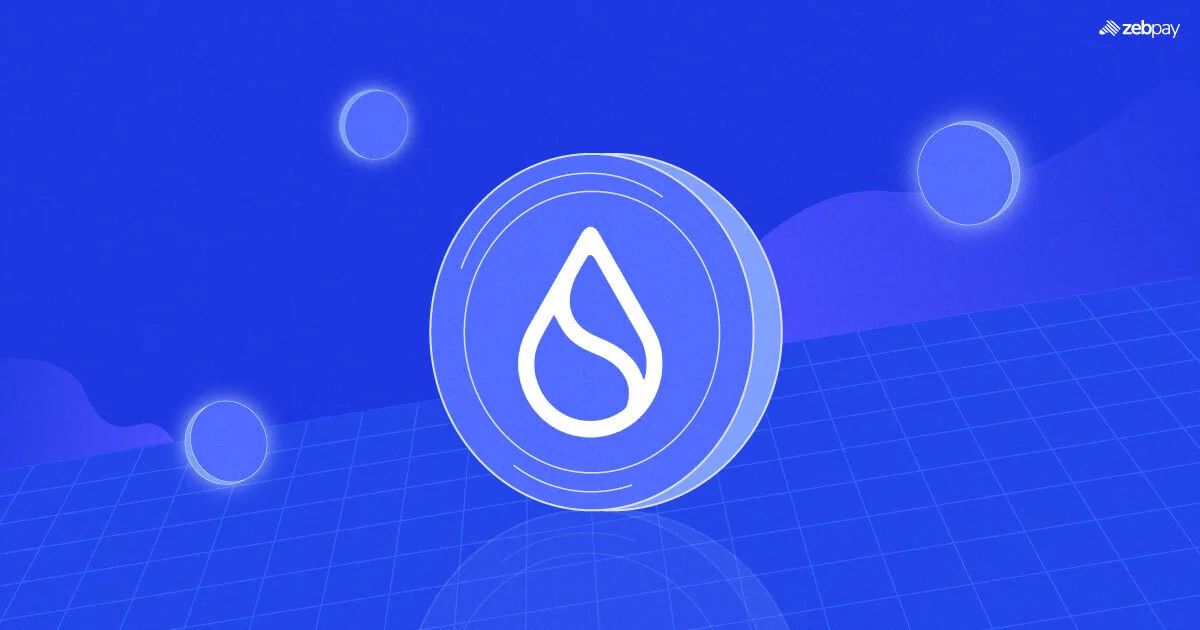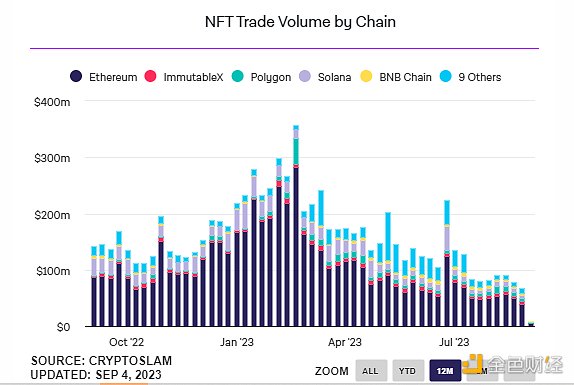Wang Yongli, former vice president of Bank of China: supply chain and blockchain
At present, blockchain technology has attracted much attention in the development of supply chain, but he said that the blockchain is still in the initial stage. From the perspective of commercial application, it is not the use of blockchain that it can solve the credit problem. , you can solve the peer-to-peer application problem. Therefore, the blockchain may use its continuous recording, multi-layer encryption, information traceable, and difficult to fake technology, so that we expect it to play a very good role in the supply chain. Conversely, supply chain development provides a rare development for blockchain. The application scenario requires active research and exploration.
At the blockchain, there is still an "impossible triangle" problem that is difficult to achieve "decentralization, high efficiency, and security". It also needs a lot of work in the underlying consensus, the upper business model, and all aspects of user and business drainage. .
Wang Yongli emphasized that the supply chain is an inevitable outcome of social development. It is impossible to have an industry in the future. A big product is that a company is completely closed to its own operations. There must be a broader, higher-level division of labor and cooperation. With a supply chain, there will be a series of “three streams” of integration such as supply chain finance.
The following is a record of the speech
- In New York and Hangzhou, the two blockchains were “cool” and “hot” on Monday, but they revealed the same truth.
- How to use blockchain for data governance from three perspectives
- Let users become the masters of personal data, how do the decentralized identity tools of companies such as Microsoft overturn traditional game rules?
Wang Yongli: Hello everyone, everyone knows that the industrial supply chain or the commodity supply chain is the result of social division of labor. With the development of transportation and communication, the supply chain will become longer and longer. From one region to the development of industrial supply chains across the country and the world.
The supply chain itself, we all know that there is a problem of information interaction first, and the supply and demand sides must have a close interaction of information. At the same time, there must be delivery of products or goods. There is also the problem of fund liquidation. It can be seen that the supply chain itself is a fusion of information flow, real logistics and capital flow. From a technical point of view, it can rise to the Internet concept, that is, the information Internet, the physical Internet, and the value Internet may be integrated into the supply chain. From this perspective, with the extension of the chain, how to improve the authenticity, timeliness and accuracy of this "three streams" is of paramount importance. The better the “three streams” are integrated, the better the efficiency of the entire supply chain will work. Everyone is looking for a variety of ways to solve these problems. One of the new concepts is the blockchain.
We started to pay attention to and study the blockchain early in the year. We also registered a Fujian Straits Block Chain Research Institute in Fuzhou. However, I would like to remind you that the blockchain is still in its infancy in its research and development. Especially from the perspective of commercial application, it is still in the initial stage and the exploration period. It is not like the blockchain that everyone can imagine to solve the trust problem, and the point-to-point transaction problem can be solved. The actual application is not so easy! Therefore, the blockchain may use its continuous recording, multi-layer encryption, information traceable, and difficult to fake technology, so that we expect it to play a very good role in the supply chain. Conversely, supply chain development provides a rare development for blockchain. The application scenario requires active research. However, what I want to remind is not to blindly think that today, tomorrow, you can use the blockchain to solve the problem of the supply chain.
For example, is the blockchain decentralized? If it goes to the center, it is basically a problem of public chain and consensus. Everyone knows that the issue of consensus has not really reached reunification, and no consensus has been reached yet. POW, POE, POS, everyone is still in competition. If multiple consensus mechanisms do not achieve unity, it will be difficult to cross the chain in the future. Second, the public chain like Bitcoin and Ethereum is a completely closed network system. It only runs one chain of coins. Each account is transparent and mutually validated. It runs very well and can be transferred point-to-point. Currency, no intermediary required. However, precisely because it is too closed, it is difficult to solve the real problem now. Then, to solve the real problem, the blockchain still has a "difficult to triangle" problem that is difficult to achieve at the current stage, which is difficult to solve. There is also a need for a lot of work in the underlying consensus, the upper-level business model, and all aspects of user and business diversion. Of course, I said that this thing does not mean that we should not study it. It just means that you don't have to imagine this thing today. Many problems can be solved immediately.
For example, the code is the rule, the code is the law. This tells you that the system is running. This system does not recognize your artificial intervention, only the system coding rules. However, if this code conflicts with the actual law, do you really have to win it? After our supply chain comes out, if a country says that I am entering the crisis law, you can't supply it. You dare not say: "No. My system is to execute." Can this be implemented? Information may be passed, but the real thing must not turn. The second is to say that the blockchain is “point-to-point”. It means that we can use the blockchain to make transactions without mutual recognition or third-party authentication. This can only be achieved in the currency circle, because the accounts in the currency circle are completely transparent. It is difficult to make fakes, so transactions between currencies can be point-to-point. Once you are involved in the real thing, the transfer of supply chain assets, can you do it? Do not know the other party, do trading on the Internet, do you dare to make a deal?
Therefore, many problems are not as simple as everyone thinks. What I want to emphasize is that the supply chain is an inevitable outcome of social development. In the future, it is impossible to have an industry. A big product is a company that completely shuts itself down. There must be a broader, higher-level division of labor and cooperation, as long as there is a division of labor and cooperation. With the supply chain, there will be a series of “three streams” of integration such as supply chain finance. The new technology application will have a very good space, including a very good scenario for the blockchain. The specific teachers will have more exciting speeches. I will talk so much about it first.
Source: Wang Yongli (WeChat public number)
We will continue to update Blocking; if you have any questions or suggestions, please contact us!
Was this article helpful?
93 out of 132 found this helpful
Related articles
- Babbitt Summit Thinking: Blockchain Technology Helps Digital China to Build Future Applications
- Reflections on the Chain Block Week of Hangzhou in 2019
- Editor-in-Chief | Hangzhou Block Chain Week, a feast of mobility
- More rigorous than KYC: The Financial Action Task Force on Anti-Money Laundering will finalize new international standards for regulatory encryption companies next month.
- Talking about PoS, how can you not understand Nothing At Stake?
- The central document mentions the use of blockchains to solve food safety. Who else is in addition to BAJ?
- Interesting headlines – an unsuccessful experiment in the pre-blockchain era






